Fenugreek seeds are a common ingredient in Indian curries, as well as Turkish, Persian, and Egyptian cuisine. These seeds have a bitter taste and are used to add flavor to dishes. Fenugreek seeds are also used in traditional medicine for their various health benefits.
Fenugreek seeds are an excellent source of vitamins, minerals, and fiber. They contain 35 calories per tablespoon and are rich in nutrients such as protein, carbohydrates, fat, magnesium, manganese, iron, vitamin A, vitamin C, vitamin B, riboflavin, thiamin, niacin, etc. Fenugreek seeds have numerous health benefits and can be used to treat various ailments. Some of the most popular uses of fenugreek seeds include aiding in digestion, lowering cholesterol levels, regulating blood sugar levels, and reducing inflammation. Fenugreek seeds can be consumed whole or ground into a powder form. They can also be used to make tea or extract.
Table of Contents
What is fenugreek?
Trigonella foenum-graecum Linn, often known as Methi in India, is the scientific name for fenugreek. It is a herb species that is indigenous to Asia and portions of Europe. Additionally, people eat the herb's seeds and leaves in addition to its other parts. Additionally, there are three ways to use fenugreek seeds: in powder form, as raw seeds, or in seed extracts. The seeds are very nutrient-dense.
In India and other Asian nations, fenugreek seeds are a common household staple. It has been utilized as a conventional alternative medicine to treat various illnesses and to ease pain. They have a cuboidal shape and are a deep yellow-brown color.
Nutritional Properties of Fenugreek Seeds:
The nutritional value per 100g of fenugreek seeds is:
- Carbohydrates: 44.1 g
- Protein: 26.2 g
- Fat: 5.8 g,
- Fiber: 48.6 g
- Calories: 333 kcal
- Calcium: 160 mg
- Copper: 0.71 mg
- Iron: 6.5 mg
- Magnesium :190 mg
- Phosphorous: 370 mg
- Sodium: 19 mg
- Potassium: 530 mg
Best Ways to Consume Fenugreek Seeds
You can get the maximum benefits of fenugreek seed by drinking it with water. Fenugreek seeds can also be consumed in the following ways:
- Fenugreek seeds should be soaked overnight before consumption.
- The seeds can be sprouted and added to a salad.
- The seeds are dried, roasted, and ground into powder.
- Make a paste out of it and mix it into the curry.
Fenugreek seeds have been used in traditional medicine for centuries, and modern science is beginning to catch up. These small but mighty seeds are packed with nutrients and compounds that offer a range of health benefits.
Fenugreek Water:
- Overnight, soak the fenugreek seeds in 1.5 cups of water.
- The next day, put the seeds and water in a heated pan and bring it to a boil.
- The water should be simmered for five minutes after it has boiled.
- Pour the water into a glass, then let it cool.
- For flavor, include lemon or honey.
Fenugreek Sprouts Salad
- Fenugreek seeds should be soaked in water overnight to produce homemade fenugreek
- Drain the water the next day, then tie them up in a muslin towel, and keep them somewhere dry and cool for a day.
- In a mixing dish, combine the fenugreek sprouts, diced tomatoes, onions, and (optional) toasted peanuts. Mix thoroughly, then incorporate some lemon juice, salt, pepper, and chat masala (to taste).
Health Benefits of Fenugreek:
Fenugreek seeds are a good source of fiber, minerals like iron and magnesium, and vitamins A and C. They also contain compounds like saponins and trigonelline, which have antioxidant, anti-inflammatory, and blood sugar-lowering effects. Here are some of the most impressive health benefits of fenugreek seeds
1: Healthy hair:
Fenugreek seeds can help to strengthen your hair and make it shinier. Soak the seeds overnight, then grind them into a paste with some curd. Apply the paste to your scalp and massage gently. Leave for 30 minutes before washing off. Repeat regularly for best results.
2: Radiant skin:
Germinated fenugreek seeds are full of antioxidants that help to delay the aging process and moisturize your skin. Applying fenugreek seed paste with honey on the face at night and washing it off in the morning gives you acne-free and radiant skin. Also, a face pack prepared from fenugreek seed paste with gram flour and curd exfoliates the skin and removes dark spots and dark circles.
3: Weight loss:
When it comes to weight loss, every little bit helps. And fenugreek seed water may be a helpful addition to your weight loss plan. Fenugreek seeds are full of natural fibers, which can help reduce calorie cravings and suppress appetite. Additionally, the seeds can give you a feeling of fullness in your stomach, which may help reduce overeating and promote weight loss.
To get the most benefit from fenugreek seed water, drink it daily on an empty stomach. This will help boost your metabolism, which can lead to more efficient weight loss. Plus, drinking plenty of water is always important when trying to lose weight, as it helps keep you hydrated and healthy.
4: Prevent diabetes:
Fenugreek seeds are an excellent natural remedy to control and prevent diabetes. Soaking the seeds in water helps to increase insulin sensitivity and action, leading to lower blood sugar levels. You can drink fenugreek seed water or simply eat soaked seeds to control blood sugar levels.
5: Aids in digestion:
Fenugreek seeds are a natural laxative. They help to regulate bowel movements and relieve constipation. Fenugreek seeds are also effective in treating indigestion and other digestive problems. The seeds can be taken in the form of capsules or powder, or they can be added to food. Fenugreek seeds are rich in fiber, which is important for good gut health. Fiber helps to keep the digestive system clean and free from toxins. Fenugreek seeds are also known for their anti-inflammatory properties. This makes them helpful in treating conditions like Crohn's disease and ulcerative colitis. If you are suffering from hyperacidity or heartburn, fenugreek seeds will work as magic.
6: Enhances lactation:
Fenugreek seeds have long been used to help increase milk production in lactating mothers. The seeds contain a phytoestrogen called diosgenin, which has been shown to stimulate milk production. Drinking fenugreek tea can help increase milk levels in both lactating mothers and infants. Additionally, fenugreek has been traditionally used to help infants gain weight.
- Helps in menstrual cramps:
Fenugreek seeds' anti-inflammatory characteristics aid in easing menstrual cramps and other conditions linked to the menstrual cycle. Researchers believe that because it contains alkaloids, it reduces pain. It has been discovered that fenugreek seed powder eases cramps as well as other issues including exhaustion and nausea.
- Regulates cholesterol level:
If you suffer from high cholesterol, fenugreek seeds may be a natural way to help lower your levels. Flavonoids present in fenugreek seeds have been shown to reduce LDL (bad) cholesterol while raising HDL (good) cholesterol. Soaking the seeds before consuming them can further increase their cholesterol-lowering abilities. Try adding fenugreek seeds to your diet and see if you notice a difference in your cholesterol levels.

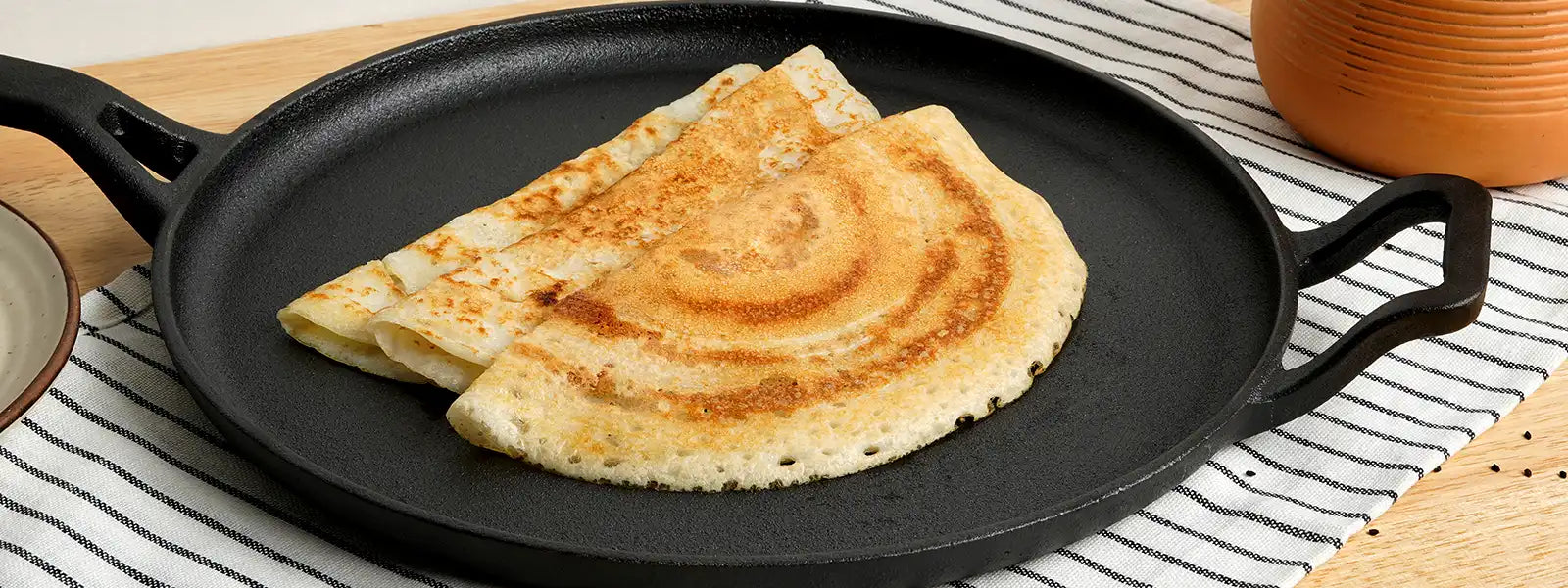
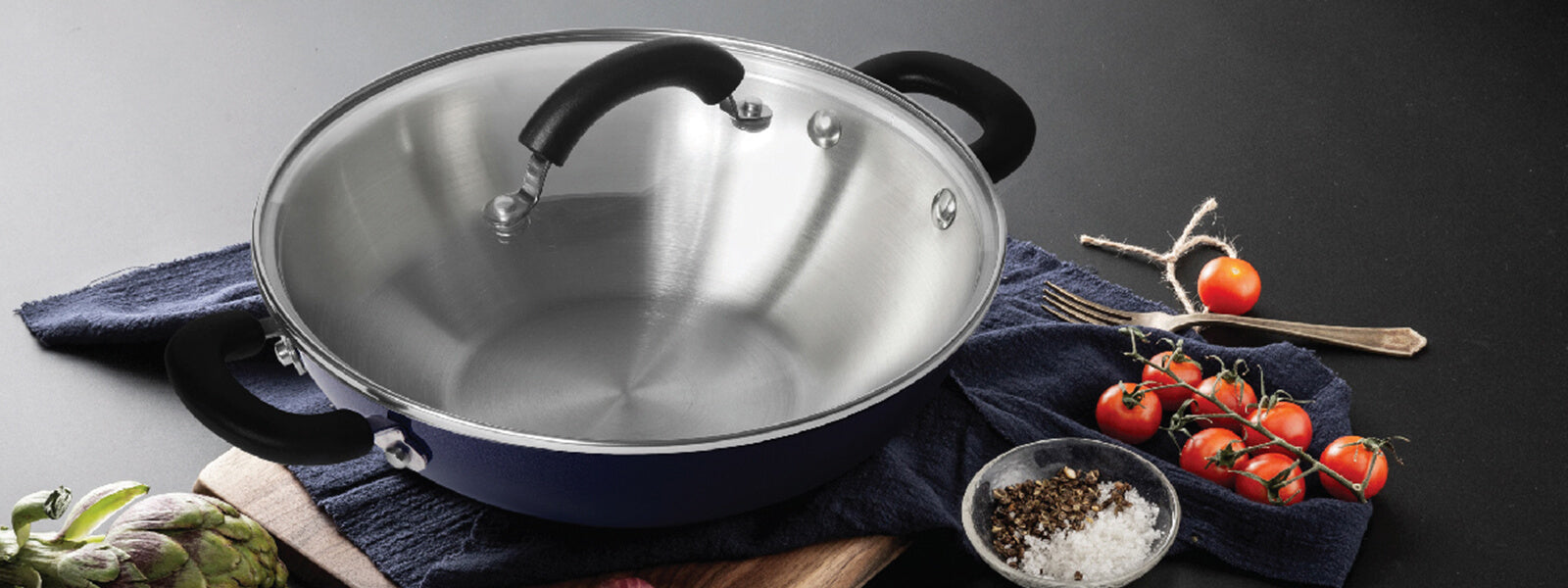
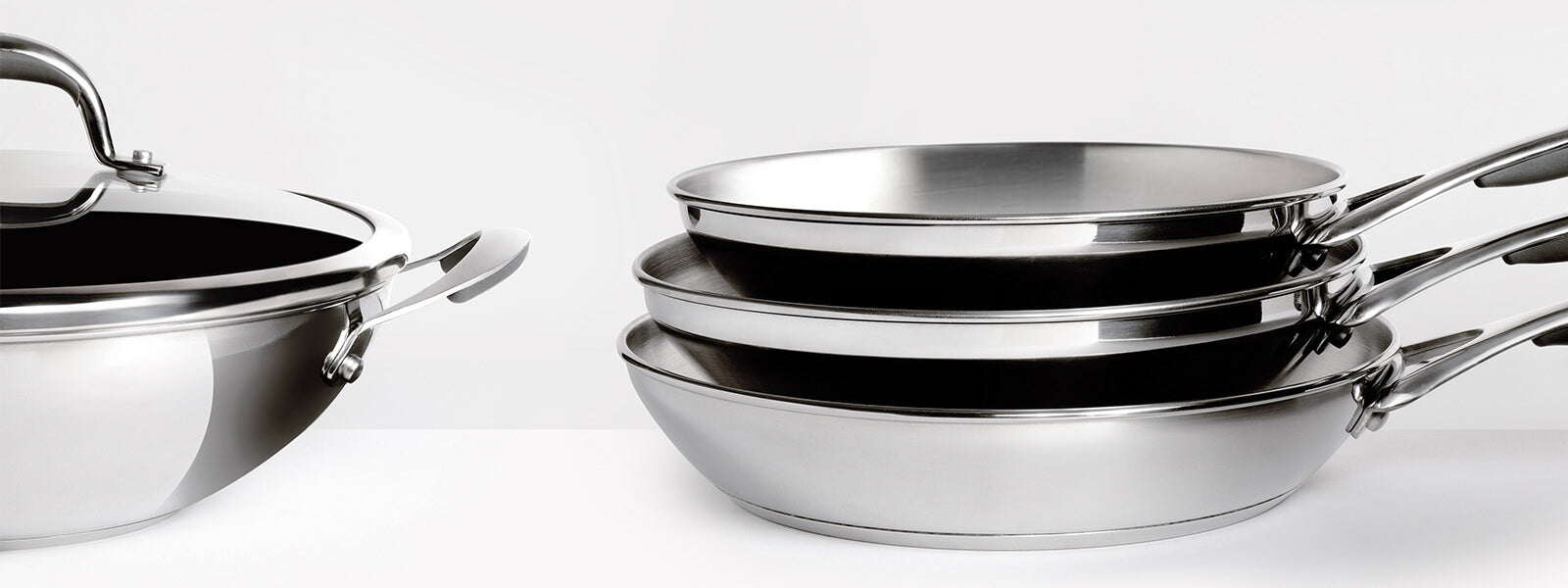
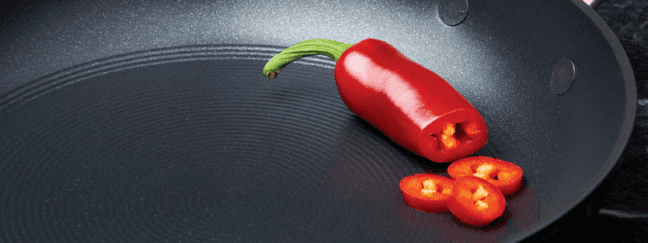
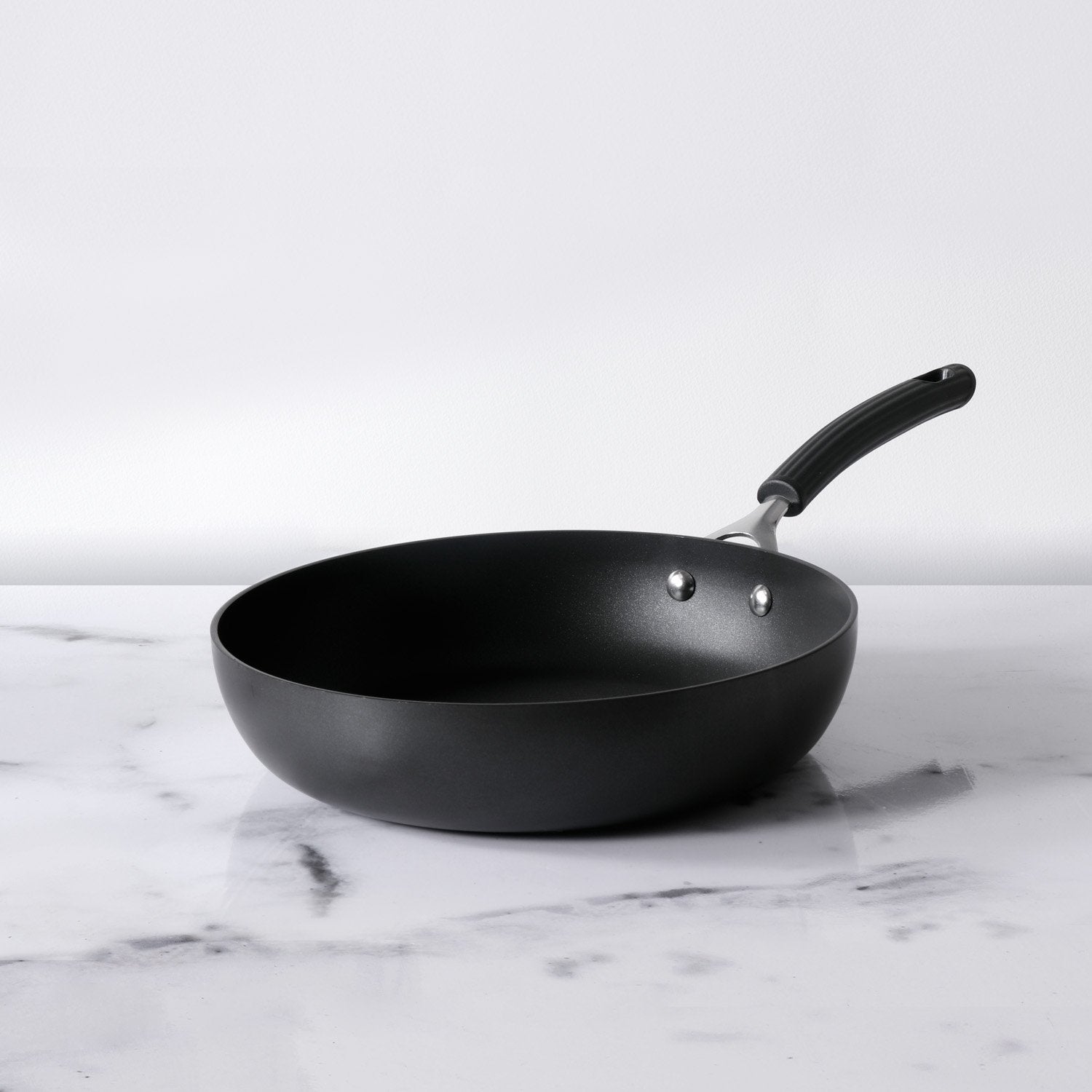
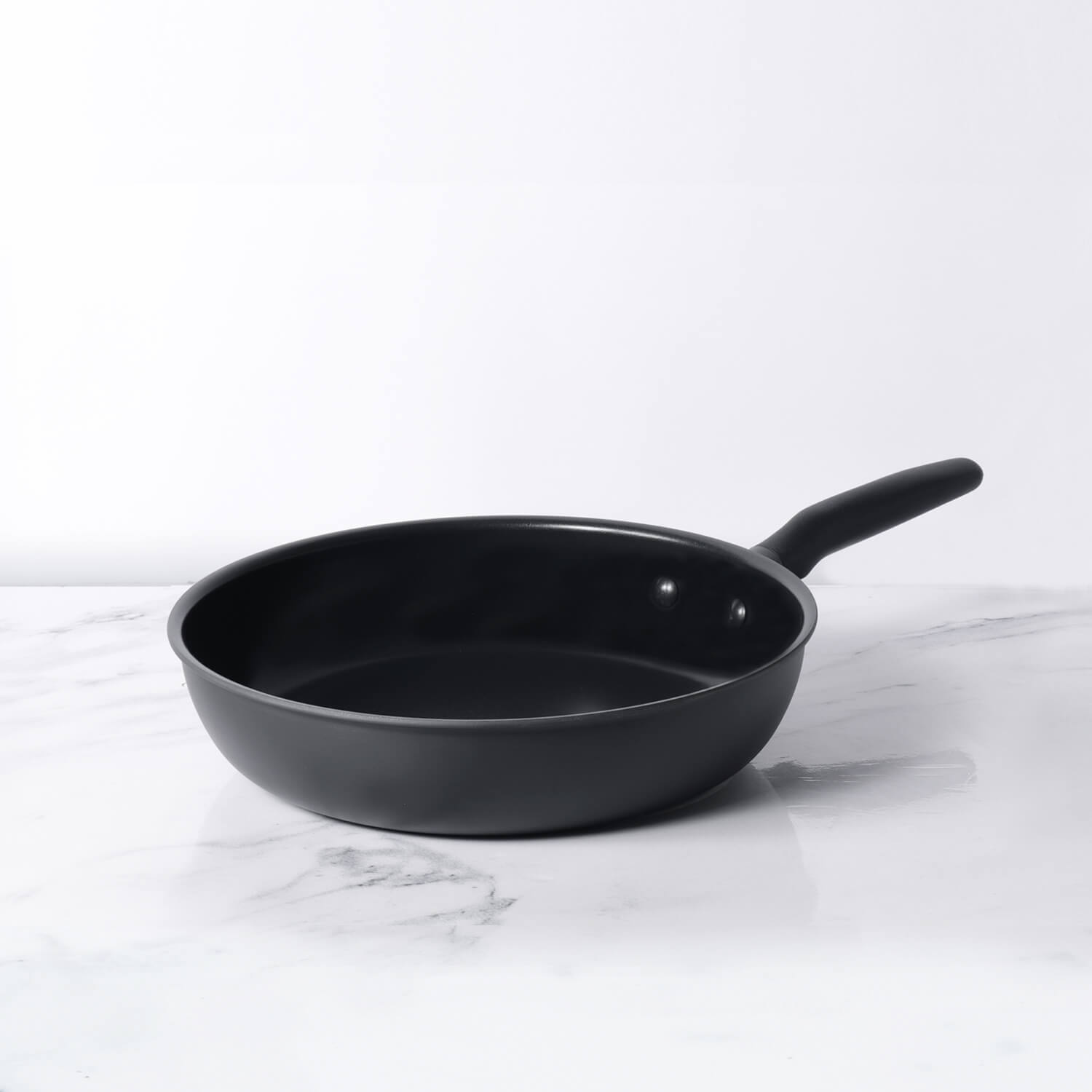
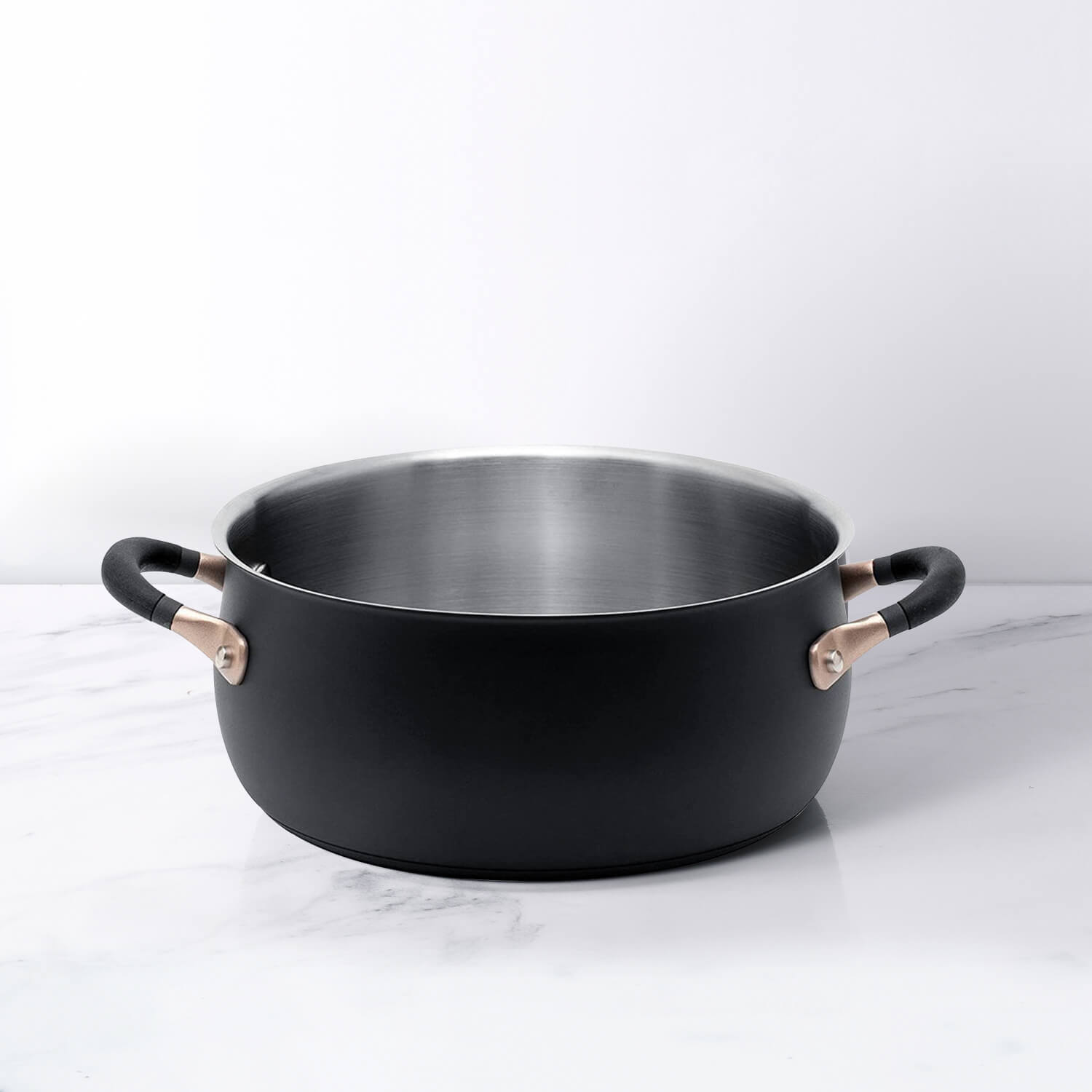
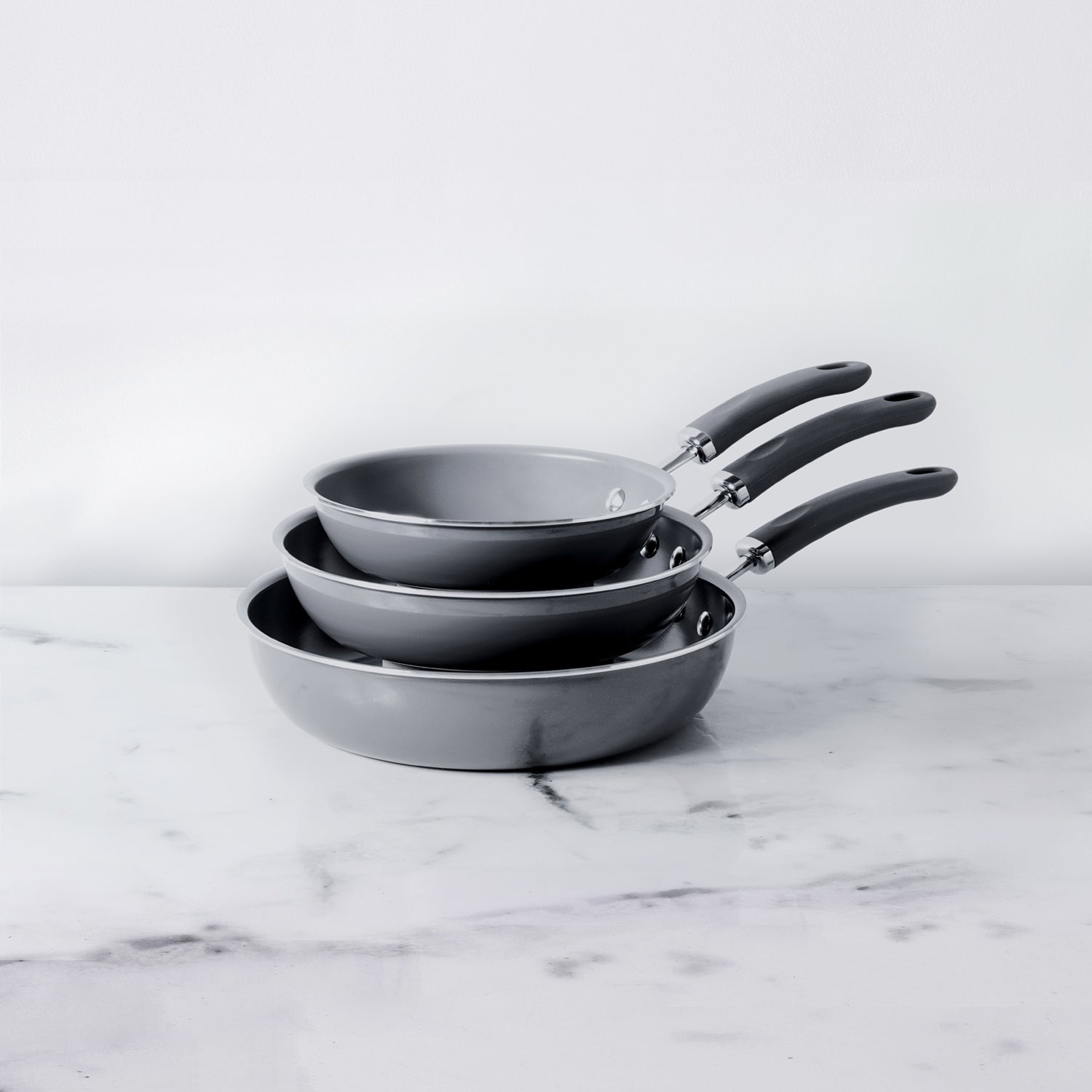




Leave a comment